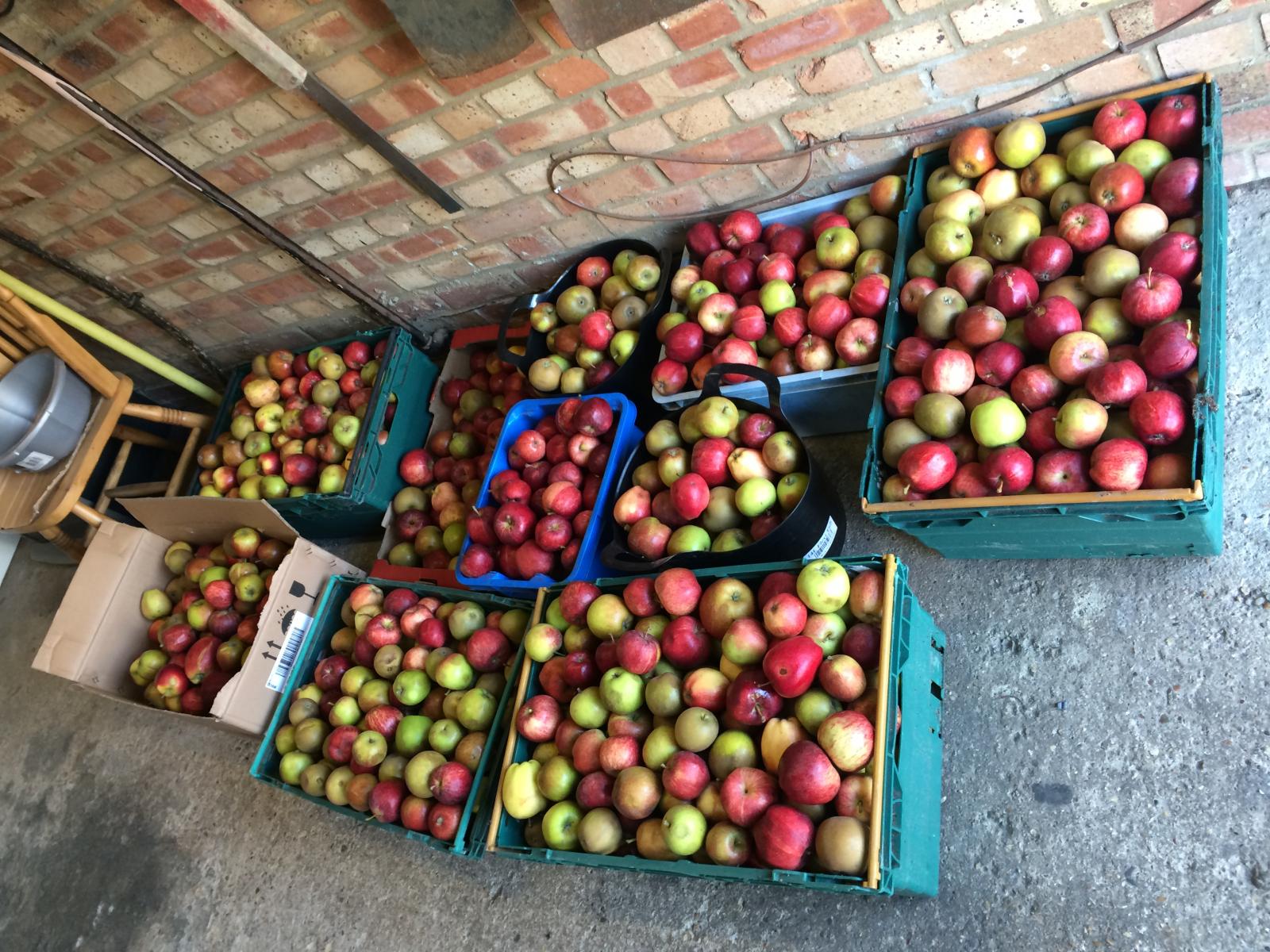Hey everyone,
I'm going to be starting my first brew this weekend. I have managed to acquire about 200kg of apples which was a LOT more than i was expecting
Anyone with some experience care to impart some tips so i'm a little less likely to mess this up....?
I'm hoping to press about half the weight as juice, enough to fill four 5 gallon carboys (Plastic not glass, they seem to have a reputation)
Couldn't decide what kind of yeast to use so have opted to try a different one on each carboy, i have gone for:
WLP720
Safcider
VR21
Nottingham
I'm also planning to bring the SG up on them slightly differently, so one with honey, another with brown sugar and the last 2 just normal white sugar. One of which will later be matured whisky oak chips and vanilla.
I'm especially not sure when and how i'm supposed to go about adjusting the tannin, or indeed if i even need to.
Also, do i literally just dump the yeast in and give it a stir (After adjusting SG and PH etc etc) or am i better to make a starter, however you go about that
Ta muchly
I'm going to be starting my first brew this weekend. I have managed to acquire about 200kg of apples which was a LOT more than i was expecting
Anyone with some experience care to impart some tips so i'm a little less likely to mess this up....?
I'm hoping to press about half the weight as juice, enough to fill four 5 gallon carboys (Plastic not glass, they seem to have a reputation)
Couldn't decide what kind of yeast to use so have opted to try a different one on each carboy, i have gone for:
WLP720
Safcider
VR21
Nottingham
I'm also planning to bring the SG up on them slightly differently, so one with honey, another with brown sugar and the last 2 just normal white sugar. One of which will later be matured whisky oak chips and vanilla.
I'm especially not sure when and how i'm supposed to go about adjusting the tannin, or indeed if i even need to.
Also, do i literally just dump the yeast in and give it a stir (After adjusting SG and PH etc etc) or am i better to make a starter, however you go about that
Ta muchly




